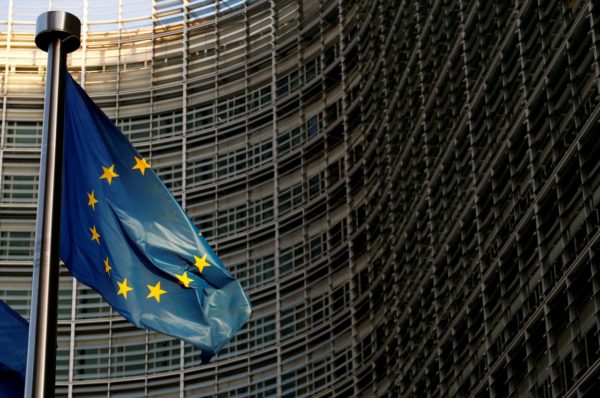
The measure comes more than one year after the bloc decided to blacklist jurisdictions that are non-cooperative on tax matters and to monitor countries that commit to change their tax rules to comply with EU standards.
In a meeting on Wednesday, EU envoys are set to agree on the new list which will then be formally adopted by EU finance ministers in a meeting on March 12.
The existing list includes only five jurisdictions: Samoa, Trinidad and Tobago and the three United States’ territories of American Samoa, Guam, and the US Virgin Islands.
The new draft list has been broadened to 15 jurisdictions, including the UAE, Oman, the British territory of Bermuda, and other Caribbean and Pacific islands, the official said.
However, EU states are still considering whether Bermuda and the UAE will be added, the official said.
The measure comes after EU states moved to block the adoption of another blacklist of countries that show deficiencies in countering money laundering and terrorism financing. That list included Saudi Arabia, Panama and the three U.S. territories already on the tax haven blacklist.
Tax Evasion
Jurisdictions are added to the tax haven blacklist if they have shortfalls in their tax rules that could favor tax evasion. They are removed from the blacklist if they commit to reforms.
Sixty-two jurisdictions around the world have committed to abiding by the tax standards set by Brussels. Most of them were required to overhaul their rules by December or February.
Bermuda and the UAE have not complied by the set deadlines, but EU states are assessing whether their delays could be warranted.
The 28 EU member states have not been screened as they already fulfill the criteria, the European Commission said. But tax campaigners and EU lawmakers have accused some of them of acting as tax havens.
The EU Parliament’s committee on financial crime said in a report adopted last week that Luxembourg, Belgium, Cyprus, Hungary, Ireland, Malta and the Netherlands “display traits of a tax haven and facilitate aggressive tax planning”.
The EU blacklist was set up in December 2017 after revelations of widespread tax avoidance schemes used by corporations and wealthy individuals to lower their tax bills. It originally included 17 jurisdictions.
Blacklisted jurisdictions could face reputational damage and stricter controls on their financial transactions with the EU, although no sanctions have yet been agreed by member states.
Source: https://uk.reuters.com/